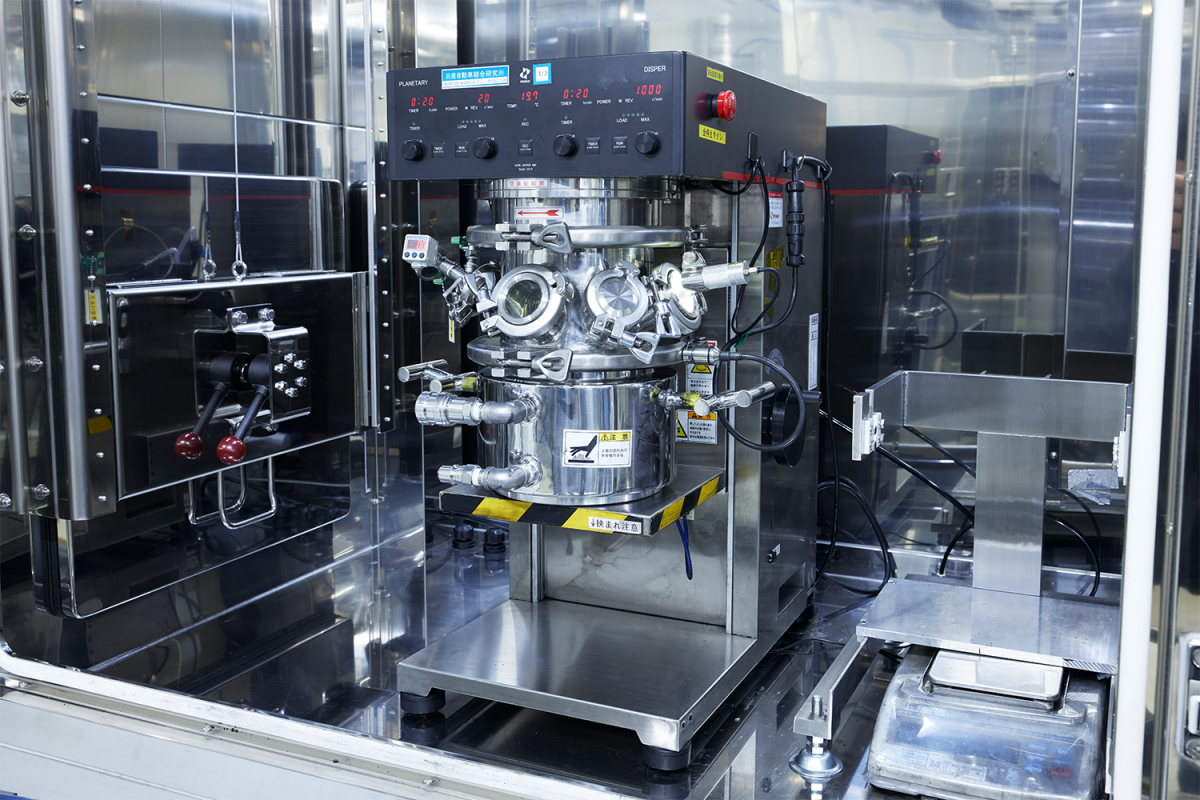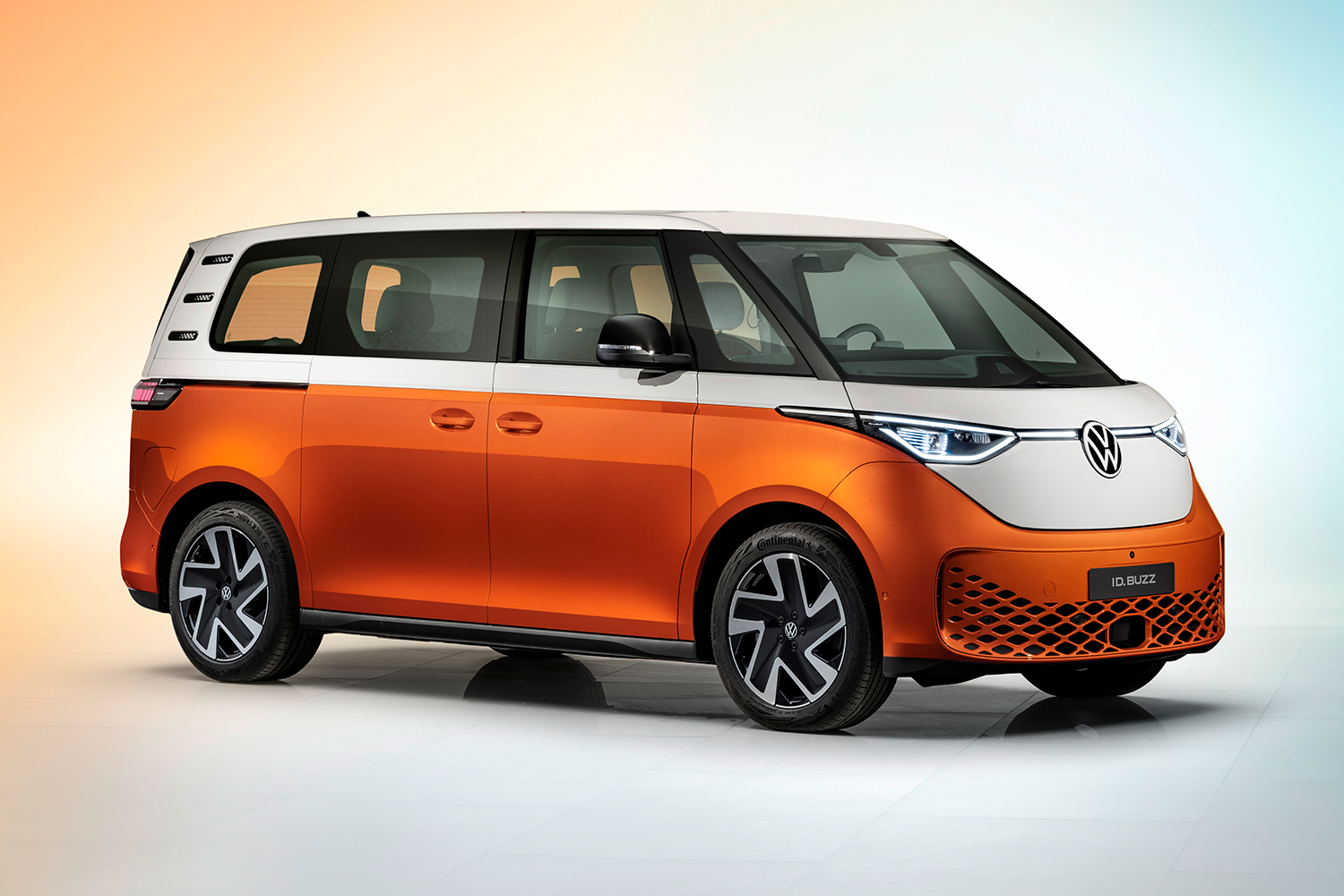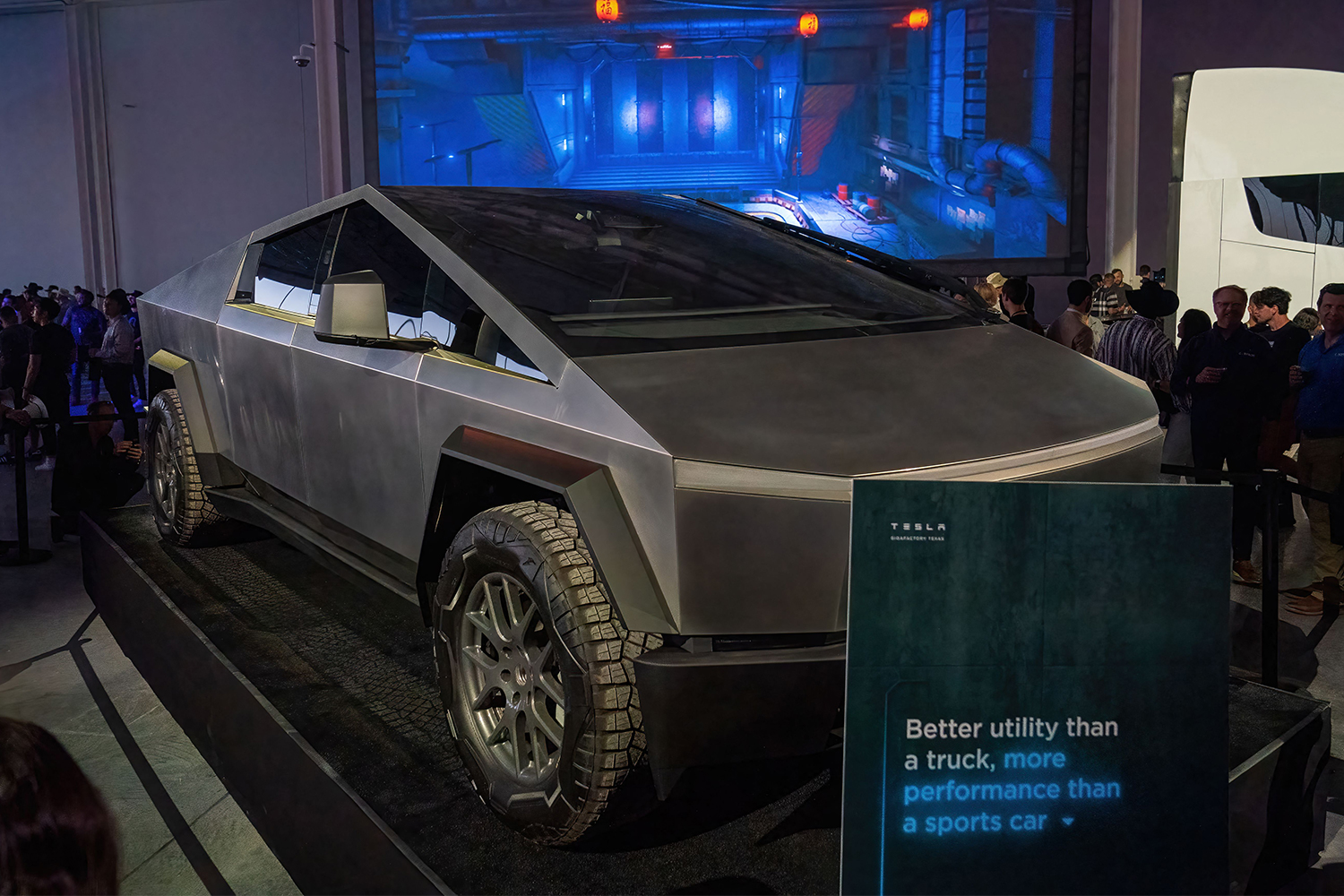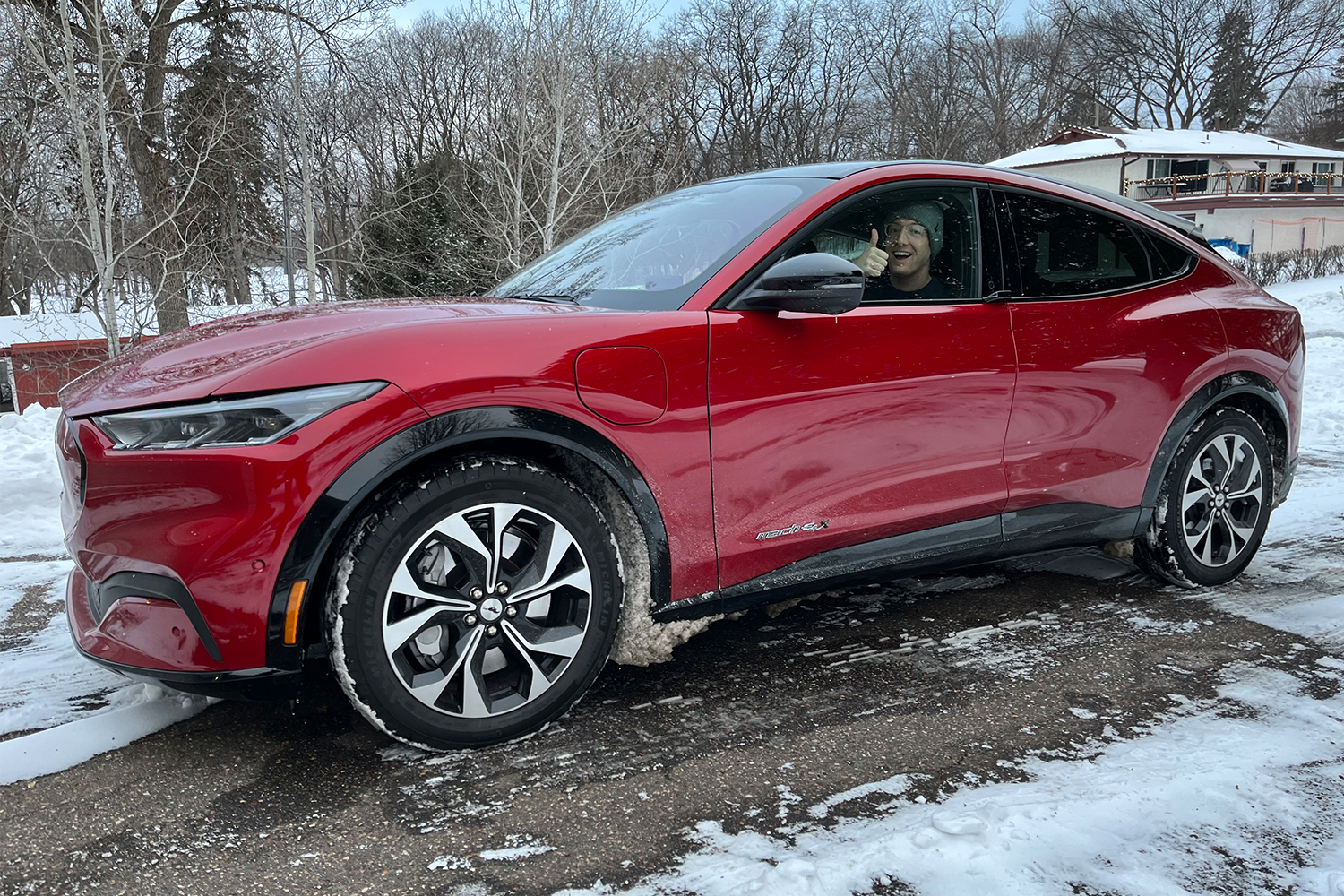When the Wall Street Journal looked at the current state of solid-state batteries last year, a source said it could be close to a decade before the potentially revolutionary electric-car technology was ready for mass production. This month, Nissan announced a more optimistic outlook.
On April 7, the Japanese automaker said it is planning to launch an EV “with all-solid-state batteries developed in-house by fiscal 2028,” an ambitious goal that could potentially spur the global electric vehicle adoption needed to cut carbon emissions. Currently, lithium-ion batteries are the most popular powerhouses for EVs, but solid-state batteries have the potential for better performance (shorter charging time), greater safety (less likely to catch fire) and lower cost (less expensive materials). The problem has been perfecting the technology for mass production.
As the Wall Street Journal explained, major automakers like Volkswagen, Ford and Toyota are investing heavily in solid-state battery development. But we’ve also had outsiders like Dyson attempting to usher in the tech; the company was planning on using the batteries for its now-defunct EV project.
“Both NASA and Nissan need the same kind of battery,” Nissan Corporate Vice President Kazuhiro Doi said, per the Associated Press. While NASA won’t be building its own EV, the space agency is working with Nissan and the University of California San Diego to test different materials to see what combination would lead to the best solid-state battery.
“Nissan and NASA are using what’s called the ‘original material informatics platform,’ a computerized database, to test various combinations to see what works best among hundreds of thousands of materials, Doi said,” according to the AP.
The goal? To produce an EV battery that’s half the size of current lithium-ion models and can charge from 0% to 100% in just 15 minutes.
For reference, a 2022 Nissan Leaf with a 40kWh lithium-ion battery is currently rated to charge 80% in 40 minutes at a 50kW charger.
Thanks for reading InsideHook. Sign up for our daily newsletter and be in the know.


















